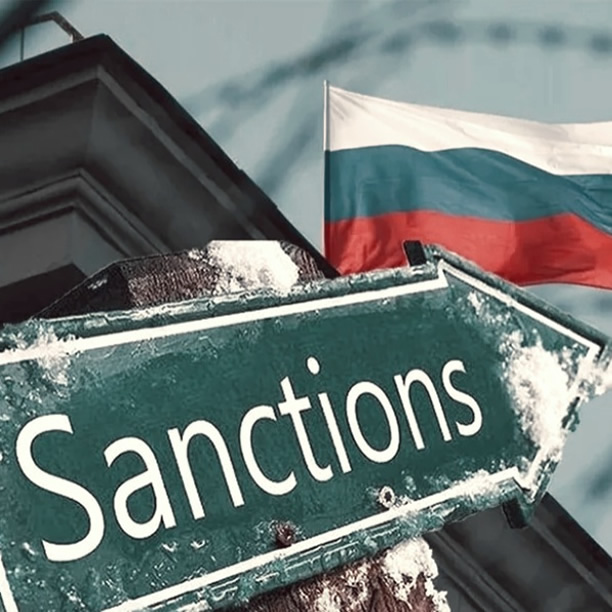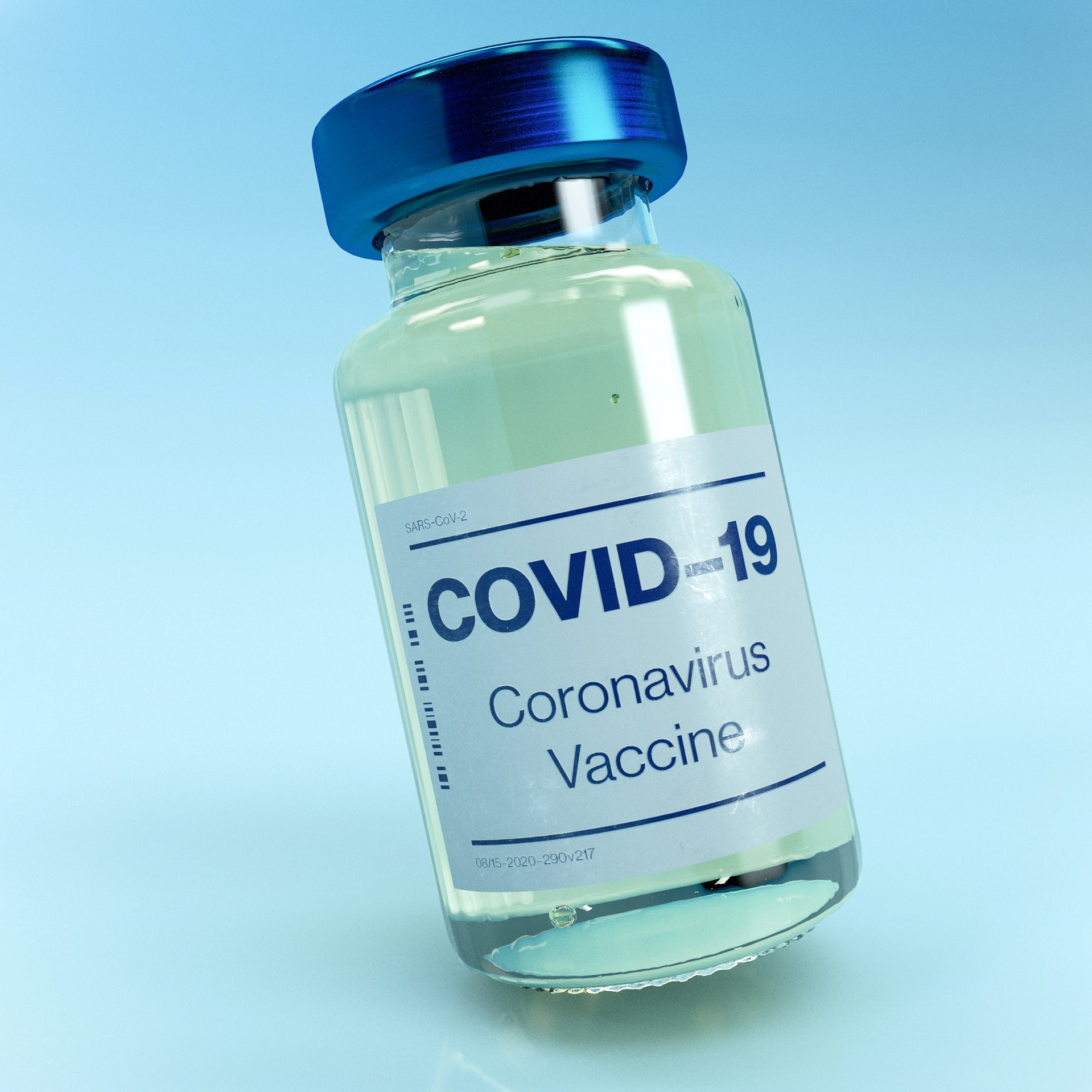29.01.2021
Is It Legal for Employer to Require Mandatory Vaccination of Employee Against COVID-19?
Managing partner
Corporate practice, Litigation, Investment projects
Description
Mandatory vaccination of employees in Russia is carried out in accordance with Federal Law No. 157-FZ of September 17, 1998 On Immunization of Infectious Diseases and Decree of the Government of the Russian Federation No. 825 of 15/07/1999 On Approval of the List of Types of Work That Are Associated with a High Risk of Becoming Infected with Infectious Diseases and Require Compulsory Preventive Vaccinations.
The list of types of work that require mandatory vaccination:
1. Agricultural, irrigation, construction and other types of work associated with excavation and movement of soil, harvesting, fishing, geological work, survey, expedition, disinfestation and disinfection in the areas that are unfavourable for infections common to humans and animals.
2. Timber harvesting, clearing and landscaping of forests, rest and recreation areas for the population in the areas that are unfavourable for infections common to humans and animals.
3. Working for organisations engaged in the procurement, storage, and processing of raw materials and livestock products obtained from the farms that are unfavourable for infections common to humans and animals.
4. Harvesting, storage and processing of agricultural products in the areas that are unfavourable for infections common to humans and animals.
5. Slaughtering livestock with infections common to humans and animals, procuring and processing meat and meat products obtained from it.
6. Work related to the care of animals and maintenance of livestock facilities in livestock farms that are unfavourable for infections common to humans and animals.
7. Catching and keeping stray pets.
8. Maintenance of sewage facilities, equipment and systems.
9. Working with patients with infectious diseases.
10. Working with live cultures of infectious disease pathogens.
11. Working with human blood and biological fluids.
12. Working in organisations that carry out educational activities.
Vaccination is performed in the framework of the national vaccination schedule, and also as part of the preventive vaccination schedule on epidemiological indications. In accordance with Order of the Ministry of Health of the Russian No. 1307 of December 9, 2020, an item on vaccinations against the coronavirus infection caused by the SARS-CoV-2 virus was added to the preventive vaccination schedule on epidemiological indications.
SARS-CoV-2 means a severe acute respiratory syndrome caused by coronavirus 2. The disease caused by the SARS-CoV-2 coronavirus was called the COVID-19 (in English, COronaVirus Disease).
Thus, the above types of activities fall within the requirement for vaccination against the COVID-19 virus and an employer does have the right to require mandatory vaccination of its employees.
Can I refuse to get vaccinated?
Before vaccination, a patient must be warned about the consequences of vaccinations and their contraindications. In his/her turn, the patient signs an informed voluntary written consent, which confirms that he/she is aware of the possible risks and agrees to the vaccination.
Vaccination without written consent is illegal according to Article 20 of Federal Law No. 323-FZ of 21/11/2011 On the Foundations of Health Protection in the Russian Federation.
Any citizen has the right to refuse to get vaccinated (not to provide written consent), however, the absence of preventive vaccinations may result in:
1. A ban for citizens to travel to countries where their stay, in accordance with international health regulations or international treaties of the Russian Federation, requires specific preventive vaccinations;
2. Temporary refusal to admit citizens to educational organisations and/or healthcare institutions in the event of mass infectious diseases or a threat of epidemics;
3. Refusal to hire citizens for work or suspension of citizens from work that is associated with a high risk of infectious diseases. See the list above.
In connection with the spread of coronavirus infection, the issue of implementing a fine for those persons for whom vaccination is mandatory but who refuse to get vaccinated has been debated a lot; however, these changes in the laws were not adopted.
Each vaccination has its own specific contraindications, but the availability of contraindications to immunisation does not exclude the above-mentioned consequences of the lack of vaccination, including suspension from work by an employer. The implementation of such measures is associated with a high risk of infectious diseases.
The list of types of work that require mandatory vaccination:
1. Agricultural, irrigation, construction and other types of work associated with excavation and movement of soil, harvesting, fishing, geological work, survey, expedition, disinfestation and disinfection in the areas that are unfavourable for infections common to humans and animals.
2. Timber harvesting, clearing and landscaping of forests, rest and recreation areas for the population in the areas that are unfavourable for infections common to humans and animals.
3. Working for organisations engaged in the procurement, storage, and processing of raw materials and livestock products obtained from the farms that are unfavourable for infections common to humans and animals.
4. Harvesting, storage and processing of agricultural products in the areas that are unfavourable for infections common to humans and animals.
5. Slaughtering livestock with infections common to humans and animals, procuring and processing meat and meat products obtained from it.
6. Work related to the care of animals and maintenance of livestock facilities in livestock farms that are unfavourable for infections common to humans and animals.
7. Catching and keeping stray pets.
8. Maintenance of sewage facilities, equipment and systems.
9. Working with patients with infectious diseases.
10. Working with live cultures of infectious disease pathogens.
11. Working with human blood and biological fluids.
12. Working in organisations that carry out educational activities.
Vaccination is performed in the framework of the national vaccination schedule, and also as part of the preventive vaccination schedule on epidemiological indications. In accordance with Order of the Ministry of Health of the Russian No. 1307 of December 9, 2020, an item on vaccinations against the coronavirus infection caused by the SARS-CoV-2 virus was added to the preventive vaccination schedule on epidemiological indications.
SARS-CoV-2 means a severe acute respiratory syndrome caused by coronavirus 2. The disease caused by the SARS-CoV-2 coronavirus was called the COVID-19 (in English, COronaVirus Disease).
Thus, the above types of activities fall within the requirement for vaccination against the COVID-19 virus and an employer does have the right to require mandatory vaccination of its employees.
Can I refuse to get vaccinated?
Before vaccination, a patient must be warned about the consequences of vaccinations and their contraindications. In his/her turn, the patient signs an informed voluntary written consent, which confirms that he/she is aware of the possible risks and agrees to the vaccination.
Vaccination without written consent is illegal according to Article 20 of Federal Law No. 323-FZ of 21/11/2011 On the Foundations of Health Protection in the Russian Federation.
Any citizen has the right to refuse to get vaccinated (not to provide written consent), however, the absence of preventive vaccinations may result in:
1. A ban for citizens to travel to countries where their stay, in accordance with international health regulations or international treaties of the Russian Federation, requires specific preventive vaccinations;
2. Temporary refusal to admit citizens to educational organisations and/or healthcare institutions in the event of mass infectious diseases or a threat of epidemics;
3. Refusal to hire citizens for work or suspension of citizens from work that is associated with a high risk of infectious diseases. See the list above.
In connection with the spread of coronavirus infection, the issue of implementing a fine for those persons for whom vaccination is mandatory but who refuse to get vaccinated has been debated a lot; however, these changes in the laws were not adopted.
Each vaccination has its own specific contraindications, but the availability of contraindications to immunisation does not exclude the above-mentioned consequences of the lack of vaccination, including suspension from work by an employer. The implementation of such measures is associated with a high risk of infectious diseases.




